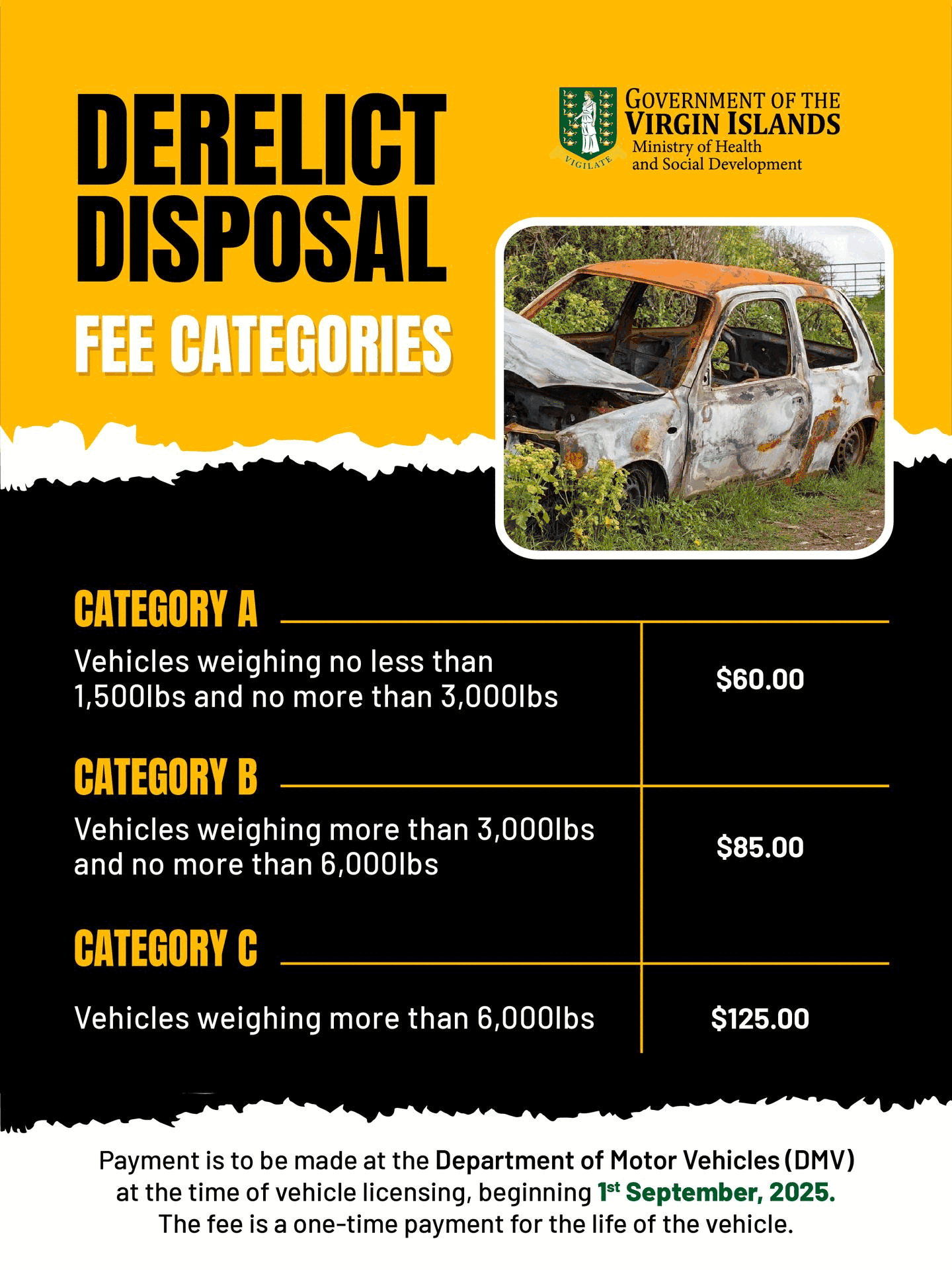Trump administration weighing proposal to establish USVI Ship Registry


FREDERIKSTED, St Croix, USVI- The Trump administration is currently reviewing a bold proposal to establish a new international ship registry in the US Virgin Islands—an initiative designed to expand the US-flagged commercial shipping fleet, strengthen national security, and elevate the US Virgin Islands as a critical player in global maritime commerce.
Spearheaded by the Center for Ocean Policy and Economics (COPE), the proposal has gained support from Governor Albert A. Bryan Jr, who has described it as an innovative solution to strengthen American shipping. If implemented, the registry could transform the economic landscape of the US territory, while addressing long-standing vulnerabilities in America’s maritime readiness.
The US-flagged commercial fleet currently numbers just 187 vessels, with only 80 engaged in international trade—a figure dwarfed by China’s estimated 5,500 ships. National security experts have warned of the risks tied to this disparity, citing reliance on foreign-flagged vessels during critical missions such as the 1991 Gulf War. The proposed registry seeks to reverse this trend by allowing vessels to fly a US-controlled flag—without the burdensome restrictions typically imposed by traditional U.S. flag registration.
Under the plan, ships registered in the USVI would still operate under US jurisdiction but would be exempt from the Jones Act, the century-old maritime law that mandates US-built ships and US citizen crews for vessels flying the American flag. The USVI, as a US territory outside the customs zone, is already exempt from these cabotage requirements, giving the proposal a unique advantage.
Eric Dawicki, president of COPE and a veteran of the maritime industry, introduced the idea in 2021 following global supply chain disruptions during the Covid-19 pandemic. In February 2022, Dawicki and Governor Bryan signed a memorandum of understanding to advance the initiative. COPE has called the proposal “the most relevant maritime initiative in the past 75 years.”
USVI 'uniquely positioned to strengthen American maritime posture'
“The USVI is uniquely positioned to strengthen American maritime posture,” Dawicki said in comments to Reuters. “It offers a proven model to recapture market share in global tonnage without the costly restrictions of mainland regulations.”
The proposal envisions a registry that is cost-competitive and flexible, capable of attracting foreign-built ships and multinational crews while maintaining US legal oversight. Proponents argue it would revitalise America’s maritime presence and provide a viable alternative to foreign open registries.
However, the plan has sparked fierce opposition from labour unions and domestic shipbuilding advocates who view it as a threat to American workers. Among the most vocal critics is the International Organisation of Masters, Mates & Pilots, whose communications director Lisa Rosenthal blasted the proposal shortly after the MOU was signed.
“On behalf of the licensed and unlicensed American merchant mariners who have proudly and without fail served our country since its founding, we oppose in the strongest possible terms the creation of an open registry in the Virgin Islands, a territory of the United States,” Rosenthal said at the time.
The group argues the initiative mirrors foreign open registries that allow shipping companies to sidestep U.S. regulations, tax obligations, and crew requirements, labeling the effort “an exercise in labour arbitrage designed to generate registry fees and to enrich foreign shipowners at the expense of American workers and America’s national interests.”
Despite the backlash, the proposal fits within the Trump administration’s broader efforts to rebuild America’s maritime and shipbuilding capabilities. On April 30, 2025, a bipartisan coalition in Congress introduced the SHIPS for America Act, which would establish steady funding for the domestic maritime sector. The registry plan also aligns with the administration’s drive to reduce dependency on adversarial supply chains and restore critical manufacturing capacity.
The proposal is now under review by the National Security Council, though no official decision has been announced. A US official confirmed the council is aware of the initiative, but the White House has not offered public comment.
For the US Virgin Islands, the proposal represents a significant opportunity. If approved, the registry could unlock a new era of economic development for the territory and elevate its global profile. But the road ahead is far from certain. Success will depend on overcoming resistance from influential maritime interests and proving that the registry can align both local and national priorities.











.png)










.png)








.jpg)








4 Responses to “Trump administration weighing proposal to establish USVI Ship Registry ”